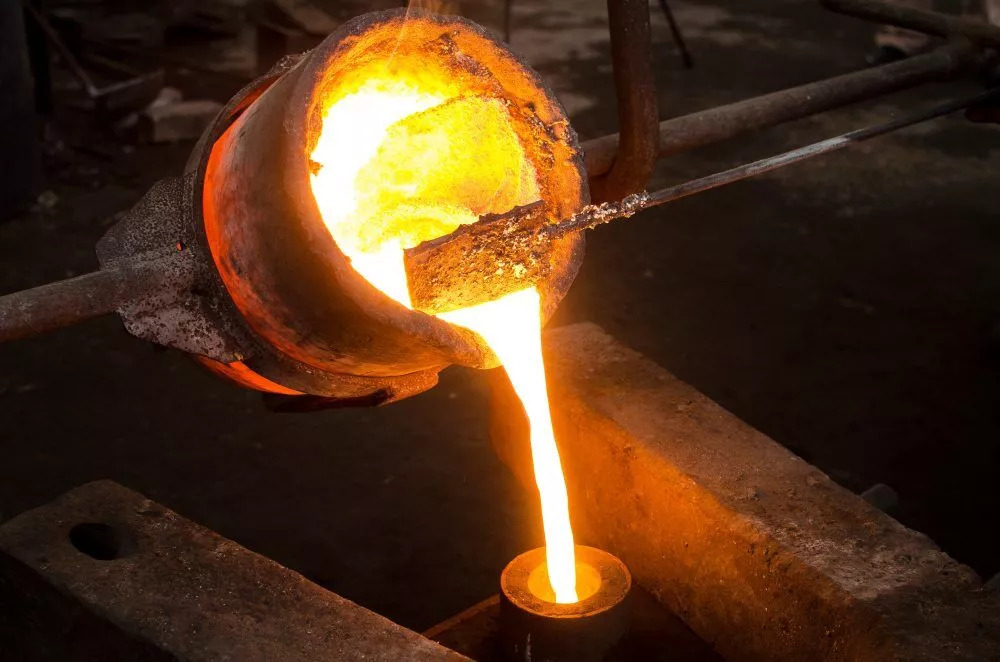The Importance of Temperature in Die Casting

Temperature plays a crucial role in the die casting process, significantly impacting the quality and properties of the final product. Understanding and controlling temperature at various stages of die casting is essential for achieving optimal results.
Melting Temperature
The melting temperature of aluminum alloys is a critical factor. Aluminum typically melts at around 660°C (1220°F). Maintaining the correct melting temperature ensures that the metal flows properly into the mold, filling even the most intricate details without solidifying prematurely.
Mold Temperature
The temperature of the mold (die) is equally important. If the mold is too cold, the molten aluminum may solidify before completely filling the cavity, leading to defects such as cold shuts or incomplete castings. Conversely, if the mold is too hot, it can cause issues like excessive shrinkage, warping, or prolonged cooling times. Typically, mold temperatures for aluminum die casting range between 150°C to 250°C (302°F to 482°F).
Injection Temperature
The temperature at which the molten aluminum is injected into the mold must be carefully controlled. If the injection temperature is too low, the metal may not fill the mold correctly, resulting in defects. If it's too high, it can lead to problems such as flash formation (excess metal that leaks out of the mold) and excessive wear on the mold itself.
Solidification and Cooling
Proper control of the solidification and cooling process is crucial. Rapid cooling can result in internal stresses and potential cracking, while slow cooling can cause shrinkage defects. The cooling rate must be optimized to ensure that the casting solidifies uniformly, minimizing internal stresses and defects. Controlled cooling also enhances the mechanical properties of the final product.
Temperature Monitoring and Control
To achieve consistent quality, temperature monitoring and control systems are employed throughout the die casting process. Thermocouples and infrared sensors are commonly used to measure temperatures at various stages, allowing for real-time adjustments. Automated systems can help maintain optimal temperatures, ensuring the production of high-quality castings.
Impact on Mechanical Properties
Temperature directly affects the mechanical properties of the die-cast parts. Proper temperature control ensures that the castings have desirable properties such as high strength, dimensional stability, and resistance to wear and corrosion. Deviations from optimal temperatures can lead to compromised mechanical properties, affecting the performance and longevity of the parts.
Summary
Temperature is a critical parameter in the die casting process, influencing the flow, filling, solidification, and final properties of aluminum castings. Proper temperature control ensures high-quality, defect-free castings with excellent mechanical properties, making it a key factor in the success of die casting operations in the automotive industry.
Dongrun Casting have 20000 square meters facility houses and 200 production & test equipment, From quotation and tooling design to casting and finished machining, we can work with you at every stage. We serves wide range of industries-from Fortune 500 corporations to small and midsize OEMs. Our products includes: Automotive&Trucking, Electric Utility & Communications, Metering System, Hydraulic Industry, Medical Devices, Lighting, Fuel and Gas Pressure, Furniture parts.
More Details : www.dongruncasting.com
